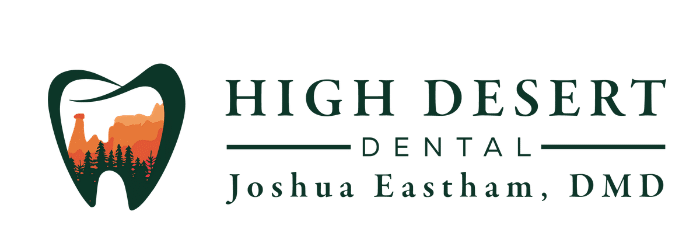Improve Your Smile with Cosmetic Dentistry

The Benefits of Cosmetic Procedures Like Veneers and Whitening

A beautiful smile can boost your confidence and enhance your overall appearance. If you’re unhappy with the look of your teeth, cosmetic dentistry offers a range of solutions to help you achieve the smile you’ve always wanted. At High Desert Dental, we provide top-quality cosmetic dentistry services to help patients in Grand Junction, CO, transform their smiles. Here’s what you need to know about cosmetic dentistry and how it can benefit you.
What is Cosmetic Dentistry?
Cosmetic dentistry focuses on improving the appearance of your teeth, gums, and overall smile. While some procedures also offer functional benefits, the primary goal is to enhance aesthetics. Whether you have stained, chipped, misaligned, or missing teeth, cosmetic dental treatments can address these issues and give you a brighter, more attractive smile.
Top Benefits of Cosmetic Dentistry
1. Enhances Your Smile
Cosmetic dentistry can correct imperfections such as discoloration, gaps, and misalignment, giving you a smile you’ll be proud to show off.
2. Boosts Self-Confidence
When you feel good about your smile, it positively impacts your confidence. Whether at work, social events, or in photos, an improved smile can help you feel more comfortable and self-assured.
3. Improves Oral Health
Some cosmetic procedures, such as dental crowns and veneers, not only enhance aesthetics but also provide structural support to weakened teeth. Straightening misaligned teeth can also make oral hygiene easier and reduce the risk of decay and gum disease.
4. Long-Lasting Results
Many cosmetic treatments, such as dental veneers and teeth whitening, offer long-lasting results with proper care. Investing in cosmetic dentistry can provide you with a stunning smile for years to come.
5. Customizable Treatment Options
Cosmetic dentistry is not one-size-fits-all. Your dentist will tailor treatments to meet your unique needs and goals, ensuring the best possible outcome for your smile.
Popular Cosmetic Dentistry Procedures
Teeth Whitening
Professional teeth whitening can remove stains and discoloration, giving you a brighter, whiter smile in just one visit.
Dental Veneers
Veneers are thin shells of porcelain or composite material bonded to the front of your teeth to correct imperfections such as chips, stains, or gaps.
Dental Crowns
Crowns restore the shape, size, and strength of damaged or decayed teeth while enhancing their appearance.
Invisalign
For those looking for a discreet way to straighten their teeth, Invisalign offers clear, removable aligners that gradually shift teeth into place.
Dental Bonding
Bonding uses tooth-colored resin to repair chips, cracks, and gaps, providing a natural-looking and affordable cosmetic solution.
Dental Implants
Missing teeth can be permanently replaced with dental implants, which look and function like natural teeth.
Choosing the Right Cosmetic Dentist
When considering cosmetic dentistry, it’s essential to choose a skilled and experienced dentist. At High Desert Dental, we take pride in providing exceptional cosmetic dentistry services tailored to each patient’s needs. If you’re looking for the best dentist in Grand Junction, CO, our team is here to help you achieve your dream smile.
Schedule Your Cosmetic Dentistry Consultation Today!
If you’re ready to enhance your smile, contact High Desert Dental today to schedule a consultation. We’ll discuss your goals and recommend the best treatment options for your unique needs. Let us help you achieve a confident, radiant smile with our top-quality cosmetic dentistry services in Grand Junction, CO!










